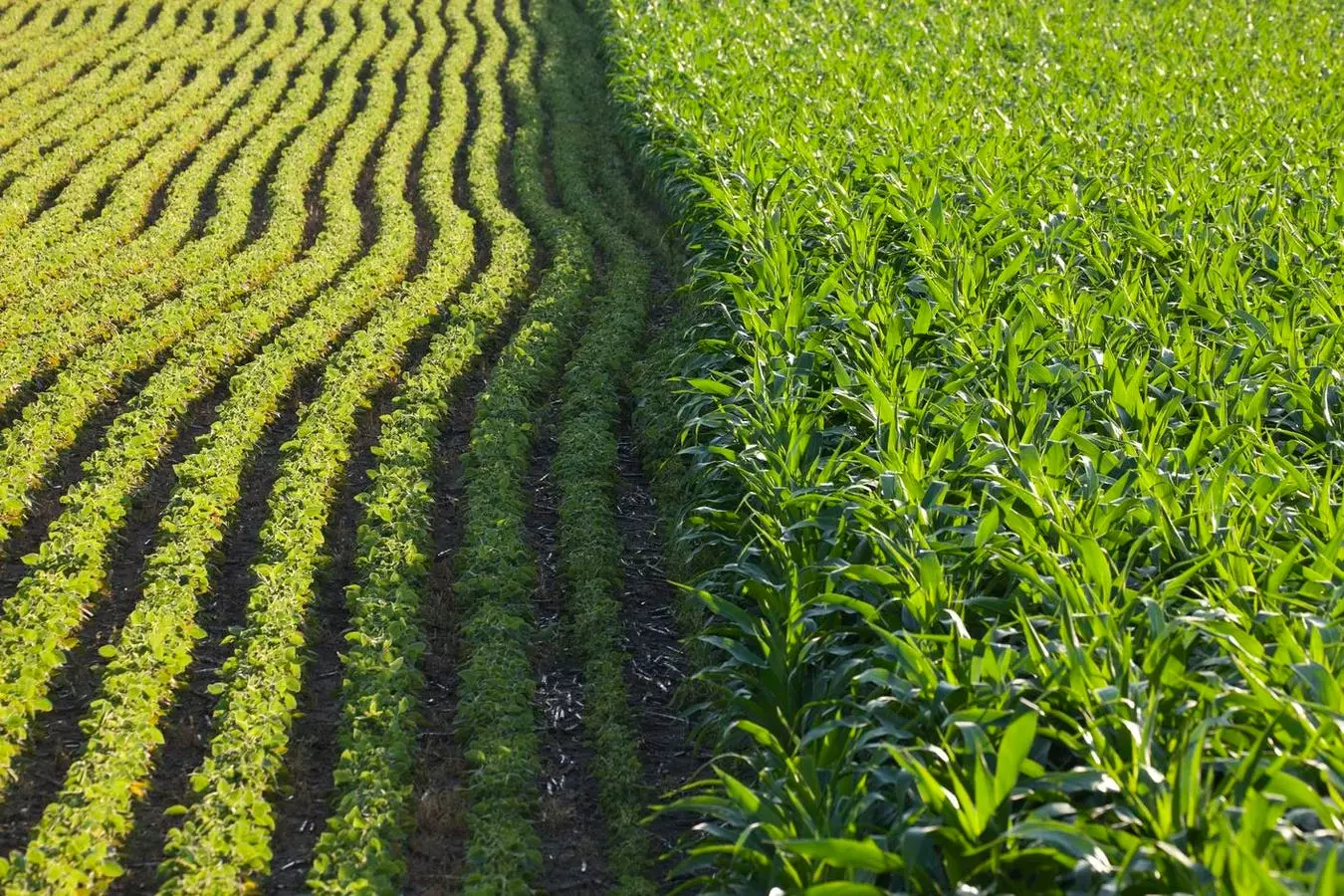The advent of genome editing technologies, particularly CRISPR (Clustered Regularly Interspaced Short Palindromic Repeats), has revolutionized various sectors — with agriculture being a front-runner in harnessing these innovations. This cutting-edge tool allows scientists to make precise alterations in DNA sequences, leading to significant advancements in crop production, food security, and agricultural sustainability. With the global population continuously on the rise, the demand for food is mounting, necessitating more efficient and resilient agricultural practices. Amidst these challenges, collaborations between leading agricultural firms and genome editing startups are becoming pivotal in shaping the future of food production.
Modern agriculture faces an array of pressing challenges that demand innovative solutions. These include the need to feed an ever-increasing global population while minimizing the encroachment upon natural ecosystems, adapting to climatic variations that impose stresses like drought and heat on crops, and reducing the carbon footprint linked to farming practices. Additionally, as pesticide resistance and climate change exacerbate pest-related issues, the agricultural sector must find new ways to bolster crop resilience against diseases and pests.
In recent developments, the collaboration between Corteva, a prominent global agricultural company, and Pairwise, a genome editing firm, exemplifies the strategic partnerships essential for driving innovations in this crucial field. Their partnership aims to leverage both companies‘ resources and expertise to address the multifaceted challenges in agriculture, thereby enhancing productivity and sustainability.
The Role of Corteva and Pairwise
Corteva integrates the vast capabilities of major firms, having emerged from the merger of Dow Agrosciences, DuPont, and Pioneer. This amalgamation has created a powerhouse poised to lead advancements in agricultural technology through strategic partnerships like the one with Pairwise. Establishing a dedicated investment platform called Catalyst, Corteva aims to foster collaborations that bring together its extensive research and development capabilities with the entrepreneurial prowess of emerging biotech firms.
On September 17, 2023, Corteva announced a significant $25 million equity investment in Pairwise, marking a transformative venture into the realm of gene editing. This partnership is designed to enhance Corteva’s existing crop breeding processes by utilizing Pairwise’s sophisticated editing tools, which are part of their proprietary Fulcrum™ platform. The promise of this relationship lies in its potential to integrate enhanced gene editing techniques with existing agricultural genetics, thus paving the way for the development of new crop varieties that offer improved traits and resilience.
Pairwise has made substantial strides in the specialization of niche crops, releasing the first-ever CRISPR-edited food product in North America in 2023— a salad mix of leafy greens engineered to eliminate the bitter taste that often discourages consumers. Moreover, their R&D pipeline includes innovative offerings such as pitless cherries and blackberries, which have the potential to redefine consumer experiences with these fruits. By addressing specific consumer preferences while improving crop resilience, Pairwise is set to push the boundaries of what gene editing can achieve in food production.
This emphasis on consumer-oriented traits highlights the changing landscape of agriculture, where enhancing the enjoyment and appreciation of food is as important as improving yield and resilience. The storm of climate impacts, combined with evolving consumer habits, creates a pressing need for crops that are not only more sustainable but also tailored to fulfill specific market demands.
One of the critical aspects shaping the future of gene-edited crops lies in the regulatory framework governing their approval and commercialization. Sam Eathington, Corteva’s Chief Technology and Digital Officer, expresses optimism that a forthcoming regulatory system for gene-edited crops will be simpler and less convoluted than that applied to transgenic crops. Since CRISPR advancements mimic the natural mutations that occur during conventional breeding, it is anticipated that these innovations will face fewer regulatory hurdles, thereby accelerating their integration into agricultural practices.
Countries such as Brazil and New Zealand are paving the way for clearer regulations, while the European Union continues to engage in an ongoing debate regarding the acceptance of gene editing technologies. As the regulatory landscape evolves, it is essential for agricultural sectors globally to remain agile and ready to adapt to new rules that will govern gene-edited crops.
As highlighted through the partnership between Corteva and Pairwise, the integration of innovative genome editing technologies into agriculture harbors immense potential for addressing vital global challenges. With the capacity to enhance crop resilience, improve food quality, and contribute to sustainability goals, the future of agriculture may rest heavily on the successful interplay of modern biotechnology and traditional agricultural practices. As the world grapples with food security and environmental challenges, embracing these advancements could usher in a new era of agricultural productivity and resilience, ensuring that the demands of a growing population are met without sacrificing the health of our planet.


Napsat komentář